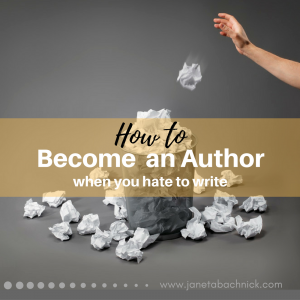 It would seem to be an oxymoron that you can become an author if you hate to write, however it is in fact possible. You can do so in the 4 ways I outline below without requiring a ghostwriter to create your content.
It would seem to be an oxymoron that you can become an author if you hate to write, however it is in fact possible. You can do so in the 4 ways I outline below without requiring a ghostwriter to create your content.
Maybe a book is on your bucket list, and is one of the things that just seems to be getting put off and off… Maybe the thought of writing a book is overwhelming… and maybe you aren’t even sure how to get started.
Remember, the journey of a thousand miles begins with one step, but your path to being an author doesn’t have to start with a blank page!
[clickToTweet tweet=”The road to publishing a book doesn’t have to start with a blank page” quote=”The road to publishing a book doesn’t have to start with a blank page”]
This simple idea about book creation may put your mind at ease, and make it easier to get into action and get your book started, and completed before the end of the year. There are ways to ‘write’ a book that you may not have considered, and may be less overwhelming or intimidating than starting with a blank page to write your business book.
Here are the top four types of books that will allow you to become an author even if you hate to write
1. Compilation of blog posts or articles can be bundled together to create a book. By turning your content into a book, and publishing it on Amazon and Barnes and Noble and other online retailers, you are able to extend your reach and get in front of new audiences.
2. Radio or podcast interviews can create great content for your book. The audio file can be transcribed into text to form the basis for your book. Once published, the radio/podcast hosts will be helpful in promoting the book as they are mentioned i
n it.
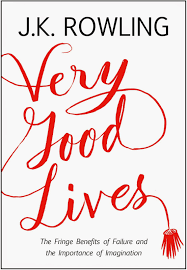
3. Speeches or presentations you have given can be turned into books. A speech is often developed on paper first, so already have your text draft you can use to create your book. If you have a recording of your presentation you can also have it transcribed and turned into text.
This J.K. Rowling Book is the transcript of a speech she gave at Harvard University in 2008. It is 81 pages long.
4. Curate other people’s content around a theme. The content can be articles or blog posts that other people have written. It’s easier to go with content that’s already written, than to invite people to write new content and then hope that they comply with your deadlines. This book is not only easy to put together, but has a built in marketing team as the contributors will gladly promote a book they are featured in.
Once you have collected your content, you will need to have it edited for typos and grammatical errors. You can leave an interview in its Q and A style. You just need to add an introduction and a summary to the content and you now have a book!
For eBooks, you don’t need to be too concerned about the length. Amazon has categories for shorter books, as does Barnes and Noble and Kobo. For print books, there are length requirements but they are a lot shorter than you would think at 24 pages [that is 24 individual sides or 12 leafs]
With our short attention spans today, a concise book that is easy to read, and on point with no fluff is often more appealing than a big fat book. It can also help you become a published author more easily, so you can begin to reap the benefits this year, next year and beyond!
The beauty of getting your book done this year is that you will end this year on a high note, and be poised to start 2017 off with a
bang, as you’ll be a published author and be able to leverage that status and receive all the credibility and benefits that are possible along with it.
Read Part 2- How to become an author when you hate to write
![]()
Related Post: 10 Ways to Use Interviews


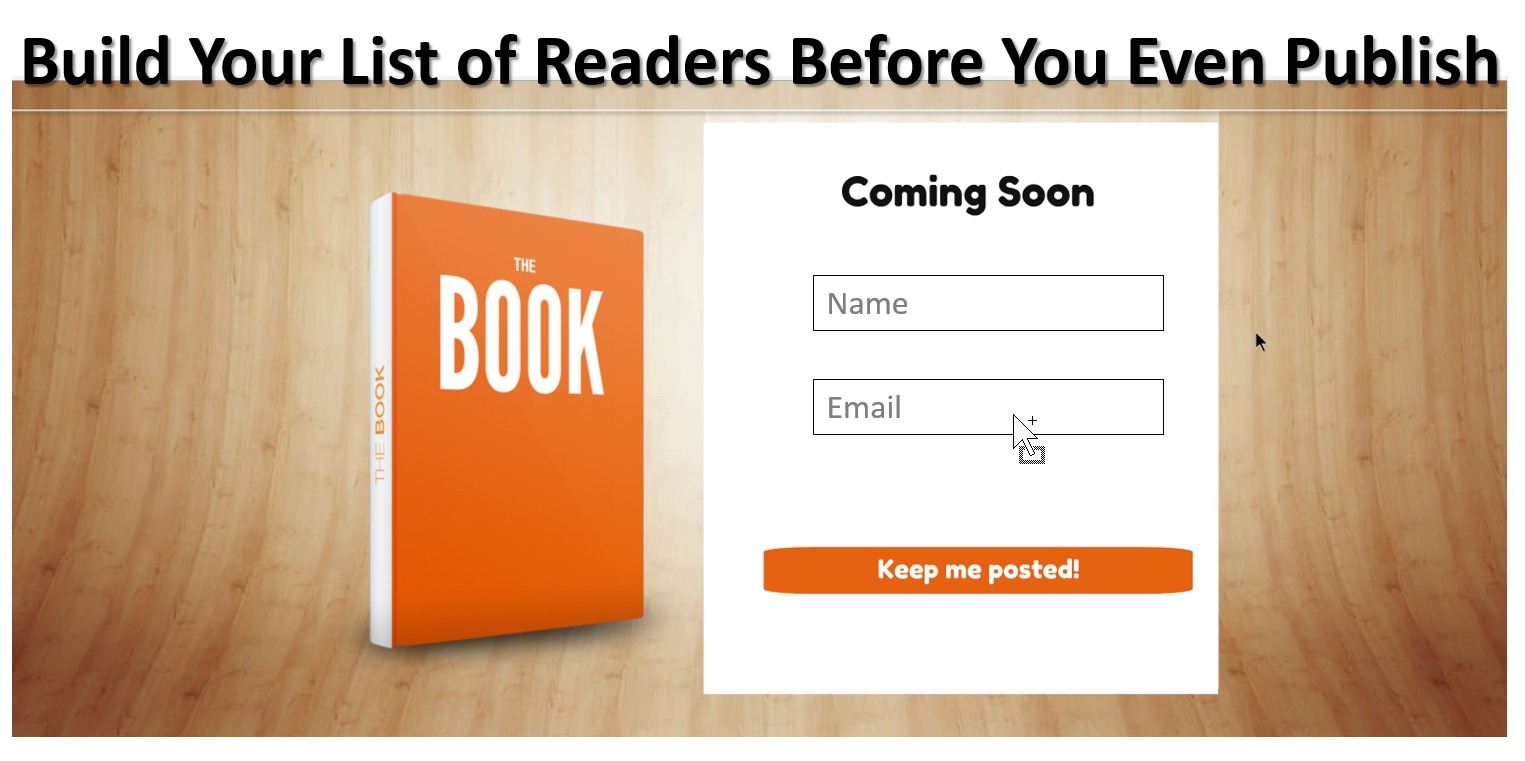
 One of the strategies in your marketing toolkit today should be the interview process. The interview, or a simple question and answer session, can be very effective in facilitating the creation of a variety of valuable customer facing content such as blog posts or profile articles, to content that is strictly for internal company use.
One of the strategies in your marketing toolkit today should be the interview process. The interview, or a simple question and answer session, can be very effective in facilitating the creation of a variety of valuable customer facing content such as blog posts or profile articles, to content that is strictly for internal company use.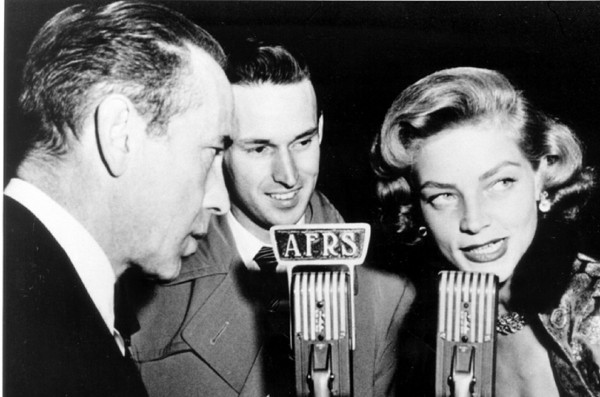
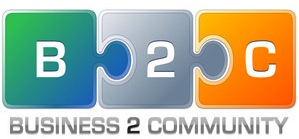 This post first appeared in Business2Community
This post first appeared in Business2Community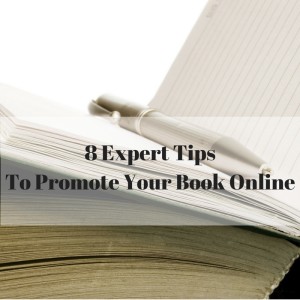 Writing a book is a lot like having a baby. You need to prepare for the big event; a process often described as painful, yet one that yields beautiful results.
Writing a book is a lot like having a baby. You need to prepare for the big event; a process often described as painful, yet one that yields beautiful results.